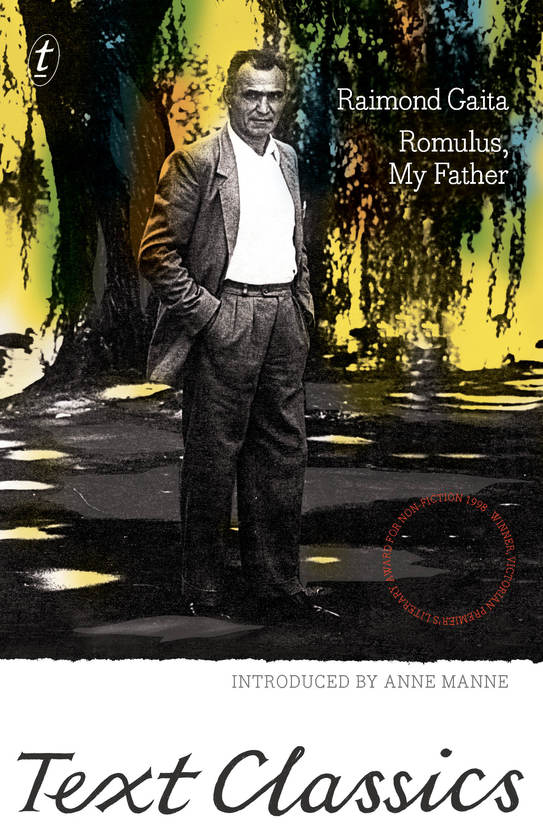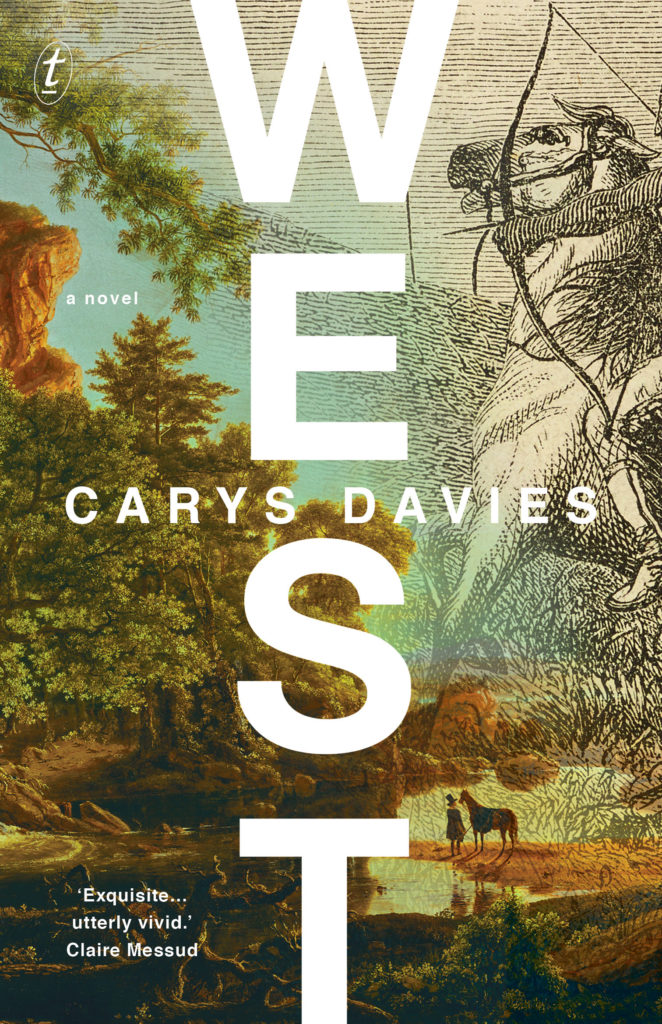The Second Cure by Margaret Morgan
Julia Tsalis, Program Manager
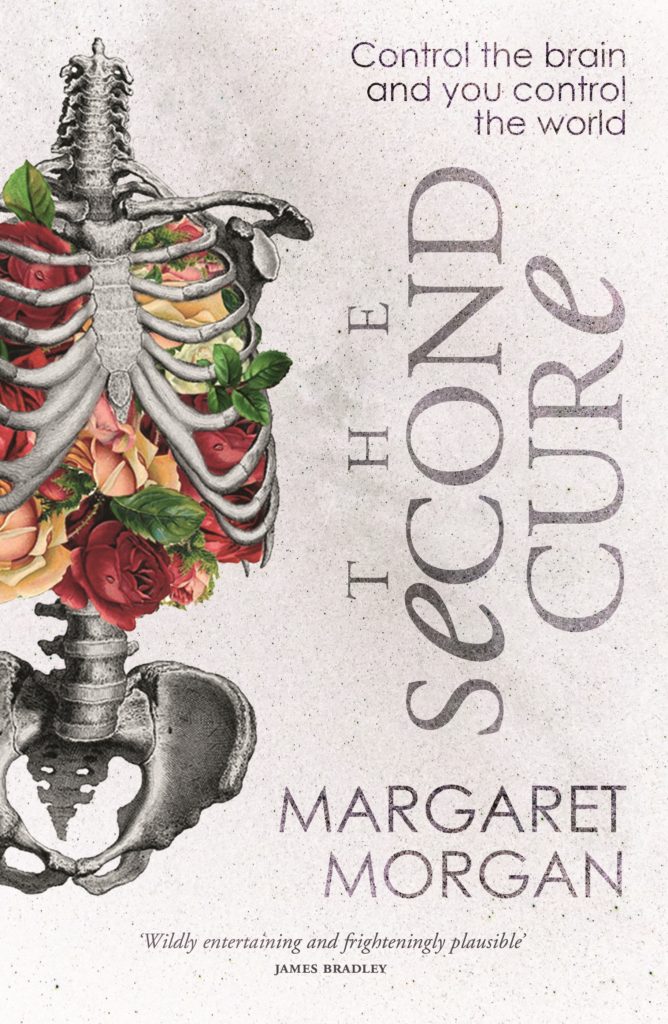
It has taken me awhile to get to Margaret Morgan’s The Second Cure, and it has ended up being a strange (and uncomfortably close) time to be reading it. Margaret has a degree in biology specialising in parasitology and is a screenwriter. She combines her expertise in these fields into a novel that is both scientifically accurate and fast paced with dynamic characters and engaging dialogue.
A pandemic has swept across the world killing cats and has started to cross over to people. The effects are mild at first, and in some cases have positive neurological effects like seeing colours in music (synaethesia). In some cases it provokes a loss of faith. For some people this is deeply troubling and there is a very strong conservative reaction to the outbreak. People are wearing masks, draconian laws start being put in place, religious conservatism increases, and politicians are using the unrest for their own benefit.
Margaret Morgan has written a fast paced, engaging book which is given weight because of her knowledge of parasitology and her consideration of deep questions such as whether there is a correlation between conservatism, particularly religious conservatism, and a reduction in empathy? How dependent our personalities are on the physical make up of our bodies? We usually think of our bodies, and personalities, as isolated mechanisms that are under our control. The Second Cure provides many reasons to question that and to consider how interdependent we are as individuals, as communities, and as a species. All very relevant things to consider at anytime, and particularly now.
The Second Cure is a good read, fast paced, engaging, thought provoking, and uncomfortably close to home.
Romulus, My Father by Raimond Gaita and West by Carys Davies
Sarah Mott, Project and Communications Officer
This month I rediscovered the joys of the novella. I’ve been working my way through some heavy, bloated tomes lately, so to read the taut, fresh prose that drives the novella forward was almost like eating a tiny, delicious dessert. You savour every sparse sentence.
I started with Raymond Gaita’s Romulus, My Father, a love-note from son to father, and to himself, I felt. Writing the good and the difficult that he saw in his parents – they are god and goddess to a young Gaita, slowly shrinking as he grows to understand their shortcomings, you can feel the therapeutic progress for Gaita as the story unfolds; I love them, I am of them, but I will not become them. Gaita notes in the foreword that the book was born from the eulogy written for his father’s funeral, and you can feel this in the gentle, reflective prose.
Next, I dived straight into West by Carys Davies, a very different style of novella. A grief-stricken settler embarks on a one-man mission to head into the unchartered ‘West’ to find the never-before-seen beast after reading about the discovery of bones in the paper. It’s at once a dark fairy-tale with pinpoints of black humour – and a complex reflection on extinction, displacement, loss (collective and individual), colonialism and violence. It’s almost dizzying how I could eat up the stark, careful prose and see entire multifaceted scenes she paints. Davies is able to use each word to give the impression she has written ten. The culmination of the book is at once inevitable and shocking, and will leave you both perfectly satisfied and aching for more.
The Girls by Chloe Higgins
Ashley Kalagian Blunt, Senior Program Officer
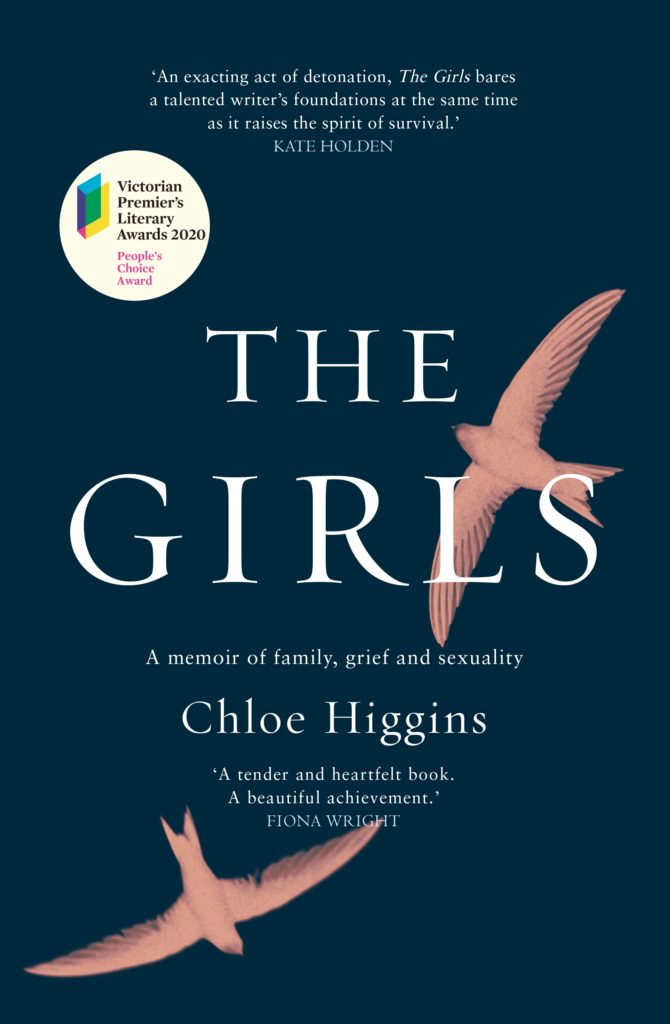
On 31 July 2005, Chloe Higgins’ father was driving home from a weekend ski trip with his two youngest daughters when his car veered into oncoming traffic outside Canberra. Carlie, 14, and Lisa, nine, both died in the collision. Maurice ended up in intensive care. Higgins was at home with her mother. She’d skipped the annual ski trip to study for exams.
In her debut memoir, which won the People’s Choice Award at the 2019 Victorian Premier’s Literary Awards, Higgins traces her destructive journey through grief, and how it has shaped her relationships with her parents. At its core, it is an exploration of a daughter and mother burdened by loss and divided by profound differences. You can read my full review on Newtown Review of Books.
In the Dream House by Carmen Maria Machado
Lou Garcia-Dolnik, Membership and Administration Officer
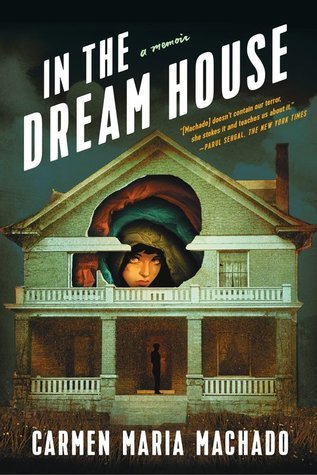
Carmen Maria Machado’s memoir about the abuse she suffered at the hands of her same-sex partner comes fresh on the heels of her debut short story collection, Her Body and Other Parties, which earned her a Guggenheim Fellowship, Lambda Literary Award and a place in The New York Times’ New Vanguard. Over the course of 278 pages, comprising some one-hundred vignettes, Machado holds the Dream House, its residents and recurrent scenarios of violence, to different cultural, literary and theoretical lenses. For example, Dream House as Cautionary Tale, Dream House as Schödinger’s Cat, Dream House as Choose Your Own Adventure. Machado’s torment, the circuitous and painful journey towards recovery, or the oroboros of intimate partner abuse lies at the end-point of the story’s every patterning, the Dream House at once inevitable and unsurvivable.
The level of critical attention Dream House has received since its publication is not undeserved: Machado’s careful reweaving of the fairytales told about women’s bodies and agencies – think the horse’s severed head in the Goose Girl, or the sister’s finger as offering in Seven Ravens – unearths broader cultural obsessions with female pain, especially where that pain signifies restorative possibilities for men (think Sleeping Beauty pricking her finger and falling asleep for several years until the prince can claim her for his bride), and the silences that condition queerness/lesbianism proving itself before heterosexuality (in Machado’s words, “Women could abuse other women. Women have abused other women.”) Machado’s voice strikes the reader as both archaic and undeniably new, taking notes from Leonora Carrington and Angela Carter, and setting a tale arguably as old as time in the mould of current socio-political and theoretical contexts, including often-forgotten radical queer liberationist movements that reframe the queer subject as fallible and, hence, human. There is also her generous serving of Noir, the Dream House spectralised by the ambiguities of the abuser, her mercuriality: one moment verbally and physically abusive, and the next placid and tame. See Machado’s experimental-fictive take on Law and Order: SVU in Especially Heinous for reference.
If you like fairytales this is for you. If you like old things turned new then this is for you. If you are a feminist (read: non-white) then everything Carmen has written is definitely for you. This book is, to me, nothing less than terrain-shaping, though Machado herself admits the wide gap in testimonies of ‘battering’ for non-binary, non-white and otherwise marginalised queer folk—I am excited for the floodgates I hope she has opened. I read this book in three days, forgetting to eat, sleep and occasionally bathe, though if you’re under quarantine I would suggest now is as good a time as any to surrender to the inevitability of your own stank—Gleebooks and Better Read Than Dead will ship it to you direct!
Such a Fun Age by Kiley Reid
Claire Thompson, Program Officer
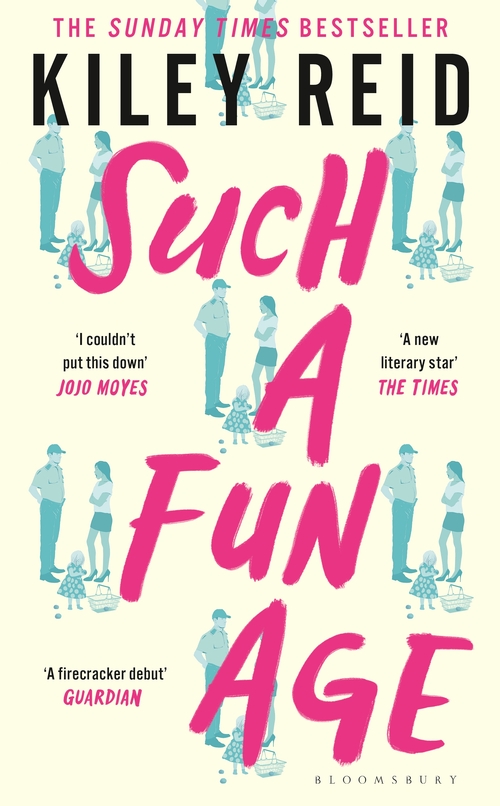
Such a Fun Age by Kiley Reid begins with Alix Chamberlain asking her babysitter, Emira, to pick up her toddler Briar and take her to a grocery store. Alix needs Emira to get Briar out of the house because there has ‘been an emergency.’ It’s late at night and Emira is at a party, but she agrees because she could use the extra money – she’s 25 and stressed about being kicked off her parents’ health insurance when she turns 26.
Emira takes Briar to a grocery store down the road from Alix’s house. At the grocery store, Emira is accosted by a security guard, who accuses Emira of kidnapping Briar. Something which becomes key, is that Emira is black, and Briar is white. Emira attempts to convince the security guard that she is Briar’s babysitter and Briar’s parents know where she is. A nearby customer films the whole interaction. It is only when Peter Chamberlain comes to the store after Emira calls him, and confirms Emira is the babysitter, that the security guard believes her. Upon hearing about the confrontation, Alix is determined to make things right. And so begins Reid’s exploration of class, privilege and racism. Reid turns the ‘white-saviour narrative’ on its head.
There are so many uncomfortable and confronting moments in this book. This book is not just about racism, it’s also about what it’s like to be 25, struggling to pay rent and feel aimless while all your friends secure impressive jobs and promotions. It’s about what it’s like to be a mum and not be completely in love with your child. It’s about a child’s ability to perceive when they aren’t loved. And so much more. I read this book in three days, it was so hard to put down. I don’t know how I feel about the ending. But I won’t say anything detailed so I don’t spoil it. I’d definitely recommend you add this to your pandemic reading list.

